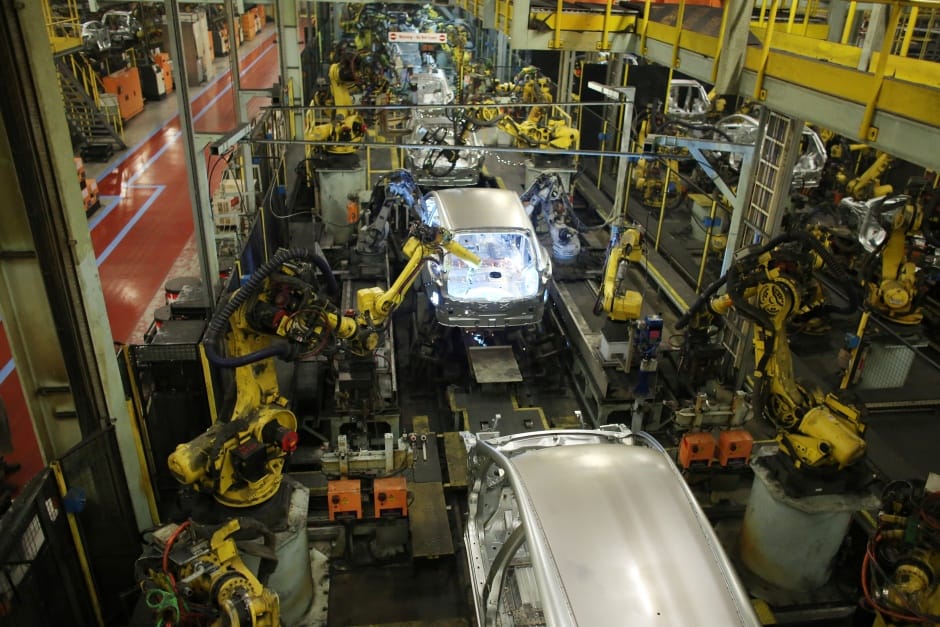
Figures released by the Society of Motor Manufacturers and Traders (SMMT) show an overall decline in new car registrations, with the trade organisation citing ‘model changes, regulatory upheaval and continued anti-diesel policies’ as denting consumer and business confidence.
Overall, new car registrations declined by 6.8 per cent to 2,367,147 units in 2018 with the diesel sector experiencing a 29.6 per cent decline. According to SMMT, anti-diesel rhetoric and negative fiscal measures took their toll, with figures for December 2018 (-26.3 per cent for diesel and -5.5 per cent overall) reflecting the overall drop off in this market segment.
Private, fleet and business registrations all fell in 2018, with the biggest losses felt in the fleet sector (down 7.3 per cent), while private motorists and smaller business operators registered 6.4 per cent and 5.6 per cent fewer new cars respectively.
Superminis and lower medium cars fell by 2.5 per cent and 9.4 per cent respectively, but both vehicles remain the most popular with a combined 58.7 per cent market share.
Registrations of petrol (+8.7 per cent) and alternatively fuelled vehicles (+20.9 per cent) offset some of the loss. In the AFV sector, petrol-electric hybrids were up 21.3 per cent to 81,156 units. Plug-in hybrids (PHEVs) enjoyed a 24.9 per cent increase over the year, though SMMT said growth is slowing following the removal of the government’s plug-in car grant in October.
Demand for PHEVs grew almost 30 per cent in the first 10 months, but year-on-year increases fell to 3.1 per cent and 8.7 per cent in November and December respectively. Pure electric cars grew 13.8 per cent during 2018 but make up 0.7 per cent of the market with 15,474 registrations.
SMMT said a reduction in government incentives is stifling the growth of plug-in cars, which is now falling behind the EU average.
Mike Hawes, SMMT chief executive, said: “A second year of substantial decline is a major concern, as falling consumer confidence, confusing fiscal and policy messages and shortages due to regulatory changes have combined to create a highly turbulent market. The industry is facing ever-tougher environmental targets against a backdrop of political and economic uncertainty that is weakening demand so these figures should act as a wake-up call for policy makers.
“Supportive, not punitive measures are needed to grow sales, because replacing older cars with new technologies, whether diesel, petrol, hybrid or plug-in, is good for the environment, the consumer, the industry and the exchequer.
“Despite the overall decline in 2018, demand for new cars in the UK remains solid, with volumes on a par with the preceding 15-year average, and the market still the second biggest in the EU, behind Germany.”
Commenting on SMMT’s figures, Richard Gane, director and automotive specialist at management consultancy, Vendigital, said: “For UK-based automotive manufacturers, these are extremely challenging times. In an uncertain trading climate, where costs are increasing and demand is nosediving, they are expected to keep investing in technologies and skills to enhance the viability of all-electric and autonomous driving.
“The supply chain is taking the brunt of the immediate pressure in terms of stockpiling inventory and the next few months are going to critical. A cliff-edge scenario could force manufacturers to implement more temporary closures or production holidays and it could take up to six months to burn off excess stock in a market facing declining demand.”




Nanogenerator consumes CO2 to generate electricity
Whoopee, they've solved how to keep a light on but not a lot else.